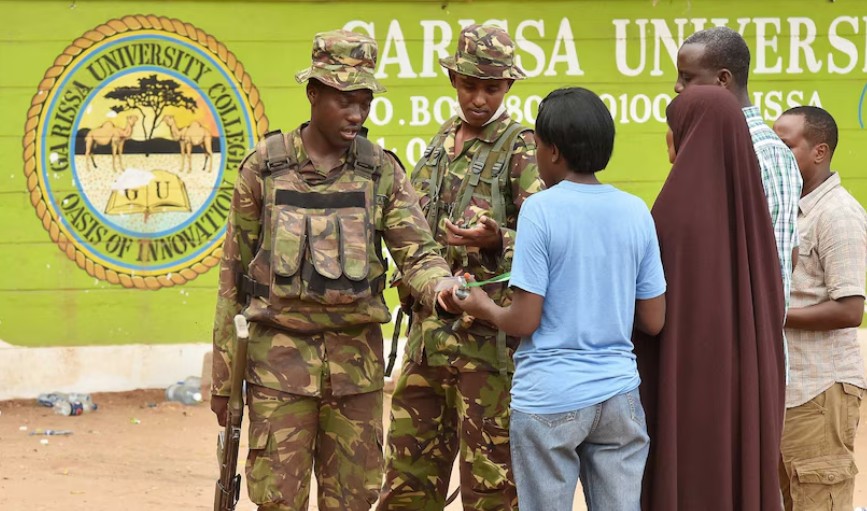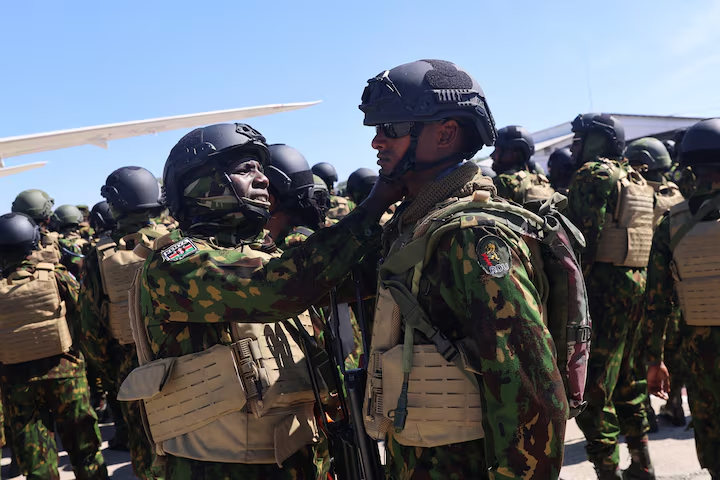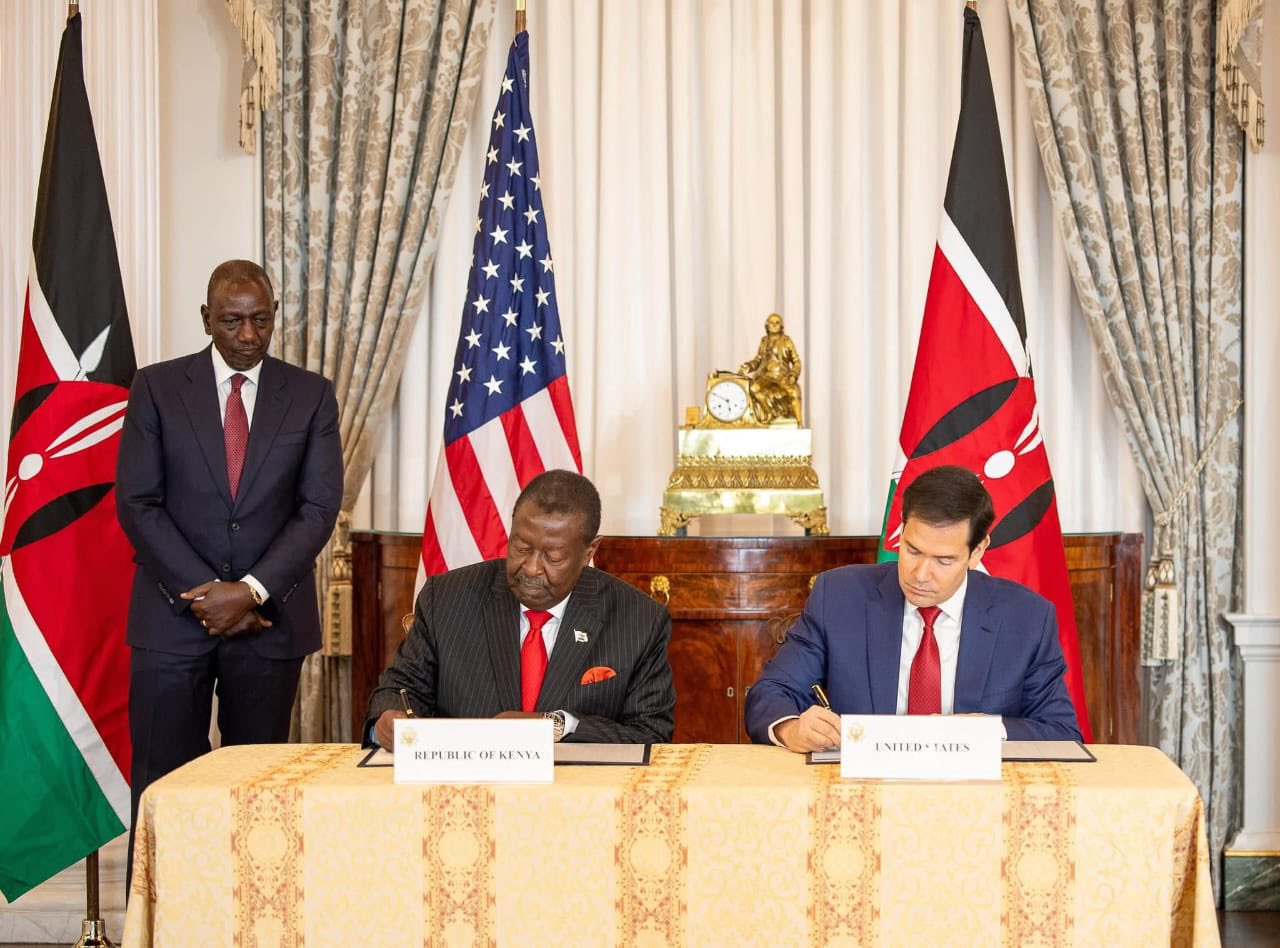Lessons from Garissa University terror attack, 10 years on

A security report at the time revealed that the attack could have been avoided and that some Kenyans, fearing for their safety, feared giving out information to the police, fearing that the information shared would leak.
On this day 10 years ago, four gunmen stormed Garissa University, then a constituent college of Moi University, and began shooting indiscriminately in an attack that left 148 dead, primarily students and Christians who had been singled out in the incident that sent shock waves across the country, leaving behind sobering lessons that have over the years helped Kenya triumph over the tragedy and those of its kind that occurred in the past.
A report published by the National Assembly Departmental Committee on Administration and National Security at the time revealed that the attack could have been avoided and that some Kenyans, fearing for their safety, feared giving out information to the police, fearing that the information shared would leak.
More To Read
- Kenya’s Special Operations Group foils Al-Shabaab IED plot in Garissa
- Westgate attack: The day Kenya’s terror fight became a global concern
- KDF Special Forces kill five Al-Shabaab militants in Boni Forest operation
- Africa lagging in designating ISIL, al-Qaeda entities, UN expert reveals
- Somalia, US hold talks on expanded cooperation on border security, immigration
- Nine police officers injured in IED attack in Garissa County
"This led to limited community participation in the fight against terrorism," the report noted.
The report further recommended that the National Police Service ensure that all police officers are adequately trained in new and emerging techniques, such as fighting in built-up areas or close-quarter battles, to counter terrorism and related crimes effectively.
It also recommended that the government initiate public awareness programmes on safety and evacuation skills, particularly targeting students in all schools and colleges, and engage in partnership with the public, religious leaders, community leaders, and the media in getting more Kenyans involved in the fight against radicalization and terrorism.
Additionally, to counter structural security gaps that led to the high number of deaths in this case, heavily grilled hostel windows, the report recommended targeted security inspections within targeted institutions as intelligence reports warned of similar terror attacks at the time.
Today, in hindsight, most of these recommendations have been implemented, and community engagement in the prevention of violent extremism has improved and helped avert numerous incidents across the country as more Kenyans now readily share information with security agencies through the National Counter Terrorism Centre (NCTC) and other avenues.
Multiple close-quarter fighting units have also been established and deployed in terror-prone areas, offering better response to attacks, as observed with the minimal casualties recorded in the attacks that followed, including the Dusit Complex attack in 2019 that unfortunately claimed 21 lives.
 Security officers soon after the terror attack at the Garissa University in 2015. (Photo: Reuters)
Security officers soon after the terror attack at the Garissa University in 2015. (Photo: Reuters)
Unlike then, when investigations revealed that only two police officers were reportedly on duty on the night of the attack, today, The Eastleigh Voice has learnt that universities are highly resourced with uniformed and ununiformed officers, amongst them those from specialized formations.
Increased security
At the same time, increased security presence and operations in Garissa have helped buffer the region from major attacks.
The constant drills are reminders of the need to remain vigilant and report suspicious incidents have been carried out in learning institutions.
Today, as Kenyans remember and honor those who departed during the attack, there's an obvious need for all to remain united against divisive narratives and hate and stand as one community.
The lost attempt by the terrorists to divide Kenyans across religious lines has seen Kenyans continue to mingle with each other freely and with tolerance.
Security research organization Crisis Group notes that one of al Shabaab's goals is to divide and pit Kenyan religious and ethnic communities against each other.
"Separating Muslims from Christians, as was done in Garissa, has been an al Sha-baab tactic since at least the Westgate Mall siege in 2013. Thus far, this strategy of driving wedges has also largely failed. Following the Garissa massacre, Kenyans of all religious and ethnic backgrounds, to their great credit, again closed ranks to denounce al Shabaab's terror," the organisation notes on its analysis of the attack.
Today, the university has moved on from the incident, admitted students back after a period of hesitation, and gained its charter, becoming the first fully fledged university in the North Eastern region.
 Graduands at the Garissa University's 4th graduation ceremony on June 23, 2024. (Photo: Education Ministry)
Graduands at the Garissa University's 4th graduation ceremony on June 23, 2024. (Photo: Education Ministry)
Students from across the country are continually admitted to the university, where they remain alert and reject divisive rhetoric as they continue with their normal learning.
The attack is a reminder of the need to safeguard our community by upholding unity, peace, and tolerance in honor of the memories of the fallen heroes.
"The spirit of Kenya remains unbroken. Today, we remember, reflect, and renew our pledge to protect our nation," NCTC said.
In the words of former President Uhuru Kenyatta, "security begins with you".
Top Stories Today














































